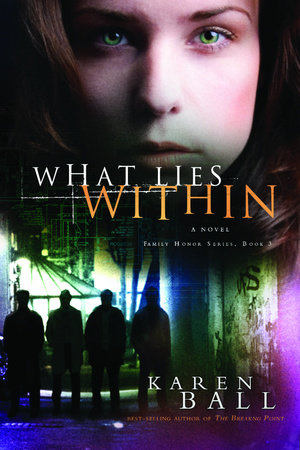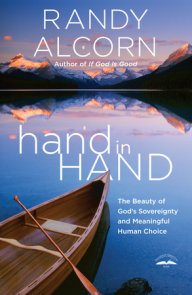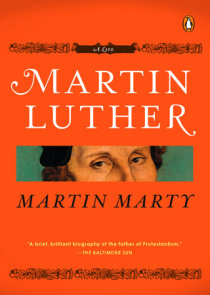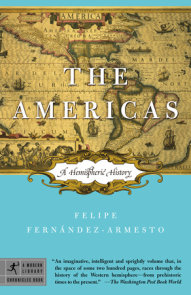READERS GUIDE
Questions and Topics for Discussion
1. Kyla, Annie (Annot), and Dan (Avidan) share a unique characteristic: Their parents named them intentionally with the prayer that God would show Himself true in their lives to the meaning of their names. Avidan means “God is just,” so he dealt with issues of justice. Annot means “God is light,” and she struggled with seeing herself through the light of God’s grace.
Kyla Marie Justice had a lot to live up to. Kyla means “victorious”; Marie means: “the perfect one.” And yet, in her own eyes, she was anything but victorious or perfect. What do the following Scriptures tell us about the source of our “perfection”? 2 Samuel 22:32—34; Psalm 18:29—31; Matthew 19:20—21; Romans 12:1—3
2. How important is the name we’re given? Do you know the meaning of your name? What, if any, impact has the awareness of that meaning had on your life?
3. Kyla struggled with making a serious mistake when she was younger. In light of such Scripture as Psalm 24:3—6, how can those of us who haven’t lived up to the requirements in this passage learn to forgive ourselves for wrong behaviors or decisions?
4. What Scriptures help you when you need to forgive yourself?
5. Rafael Murphy knew he was doing what was right in God’s eyes through his service in the Marines. And yet he was injured and disabled, unable to continue to fulfill that role. What plans or dreams have you had to let go of? What helped you do so and move forward into a different future than you’d envisioned?
6. What do the following Scriptures tell us about trusting God with our plans and dreams? Psalm 9:18; Psalm 33:10—22; Acts 2:25—26
7. Sam Ballat was consumed with bitterness because of his parents’ seemingly meaningless death. How do we reconcile the truth that God calls people to the mission field, and that may well mean they pay for that call with their lives, with the reality of His love and provision?
8. Gangs are an ever-increasing problem in our cities today. Why do young people join gangs? What can we, as believers in Christ, do to help keep the young people in our lives from falling into this kind of violence and darkness?
9. King Killa told Kyla that once you’re in a gang, you’re in for good. Blood in, blood out. You kill to get in; you die to get out. What answer can we give to someone who feels he or she is trapped so completely?
10. Kyla had a difficult time trusting Rafael, or even herself, because of the way Berto hurt her and broke her trust. Has there been someone in your life who hurt you deeply? Broke your trust? What helped you open up to trust again?
11. Kyla judged Tarik (King Killa’s younger brother) lacking simply because of his appearance. But Rafe saw something else in Tarik. He saw a young man willing to do what it would take to walk away from the life that trapped his older brother. Too often, we look at someone and assume because of how he looks or where he lives, that he’s lost. What do the following verses say about how we should see and help others who may not look or live like we do? Deuteronomy 10:17—19; 15:10; Psalm 82:3—4; James 1:27; James 2
12. What can each of us do to help young people like Tarik? Have you ever considered getting involved in a ministry that deals with inner-city youth or even a prison ministry? If not, what holds you back?
13. The Justice clan was given a legacy of faith, not just in their names, but in the examples of their parents’ lives. What can we do to leave a legacy of truth and faith for our children, or for the young people in our lives?






















